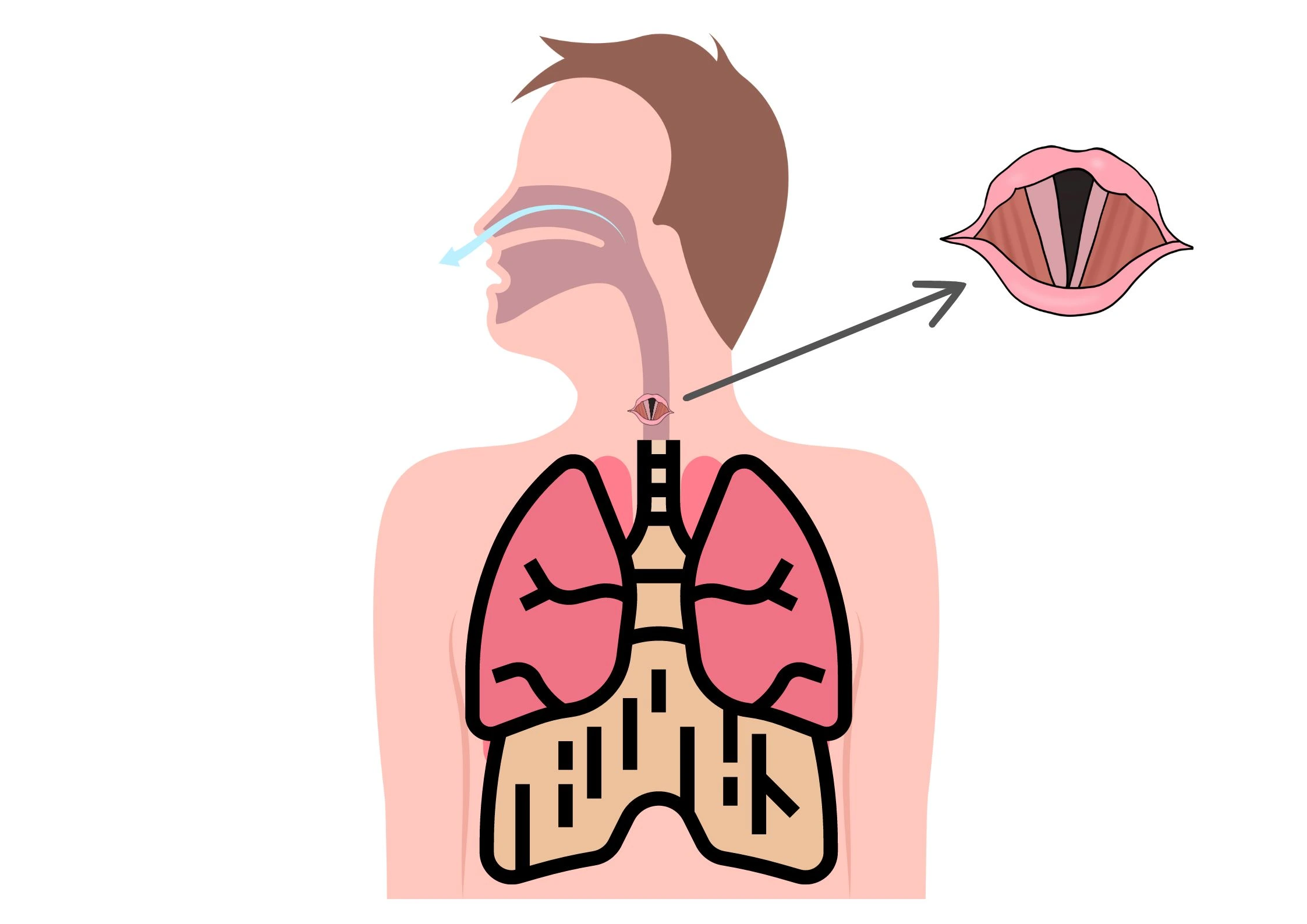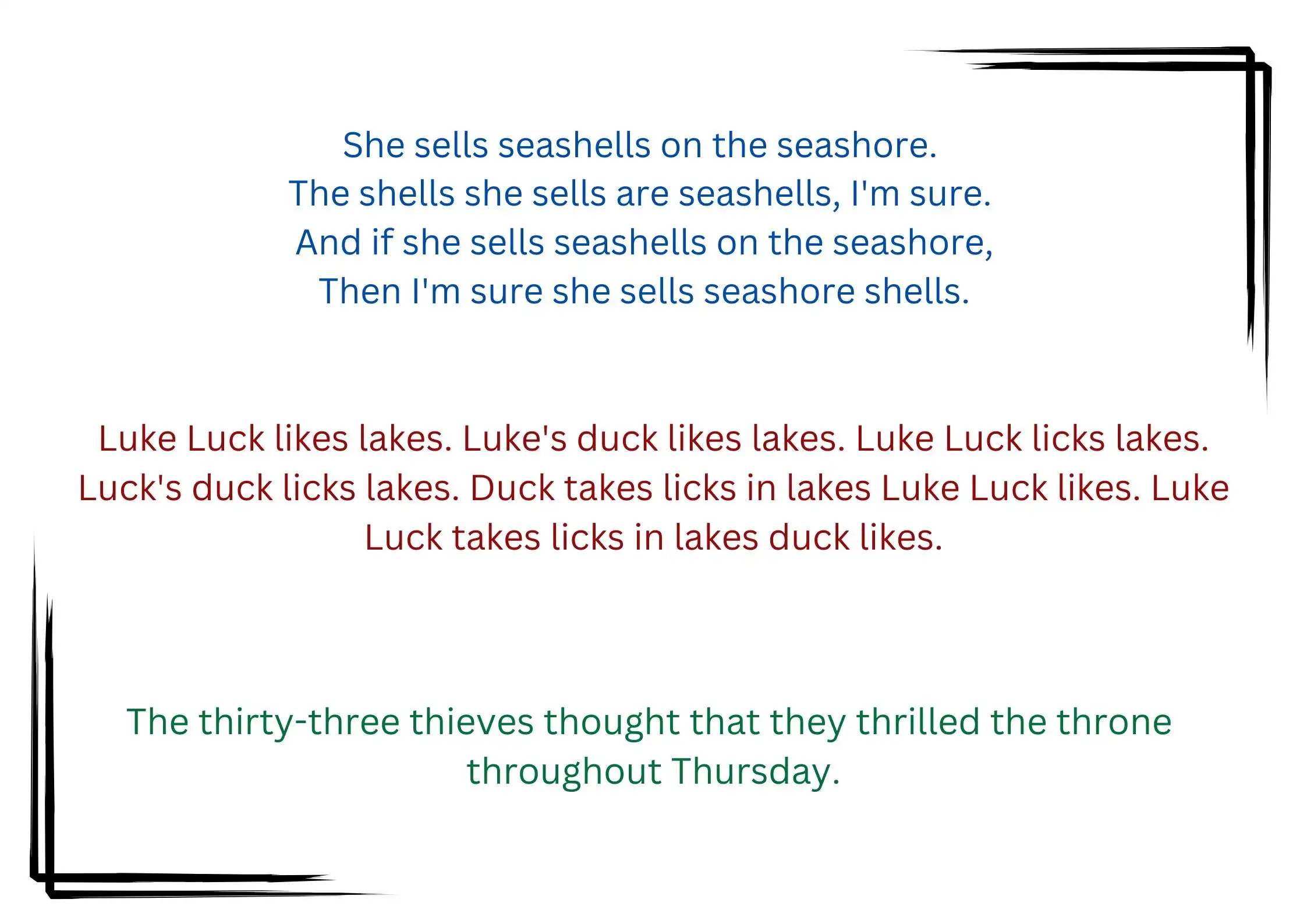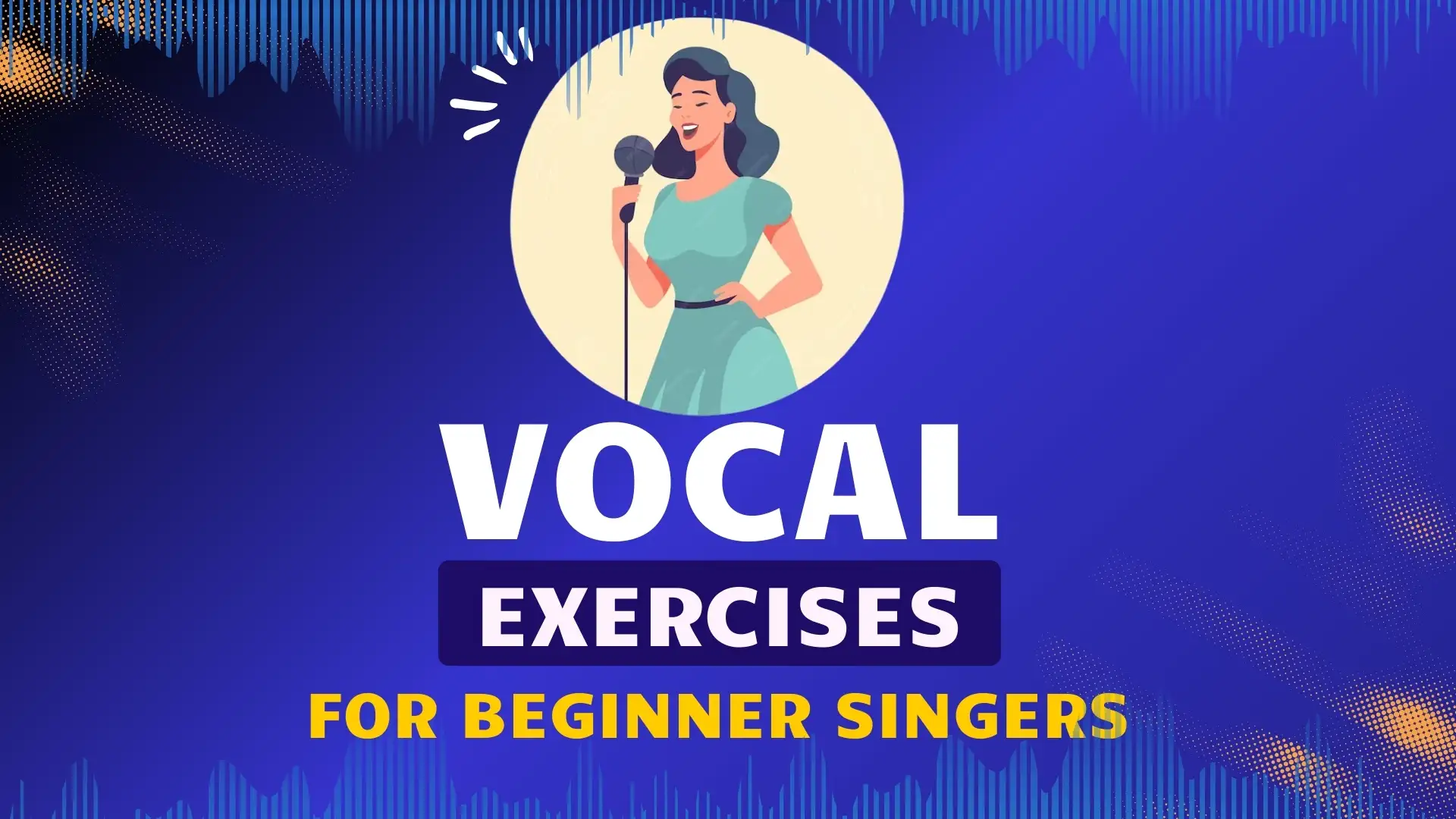You can learn to sing even if you’re not very good at it Right Now. Even if you’re awful at the moment!
Because some people are fortunate enough to have inherent singing aptitude. Singing is sometimes thought to be a gift that must be inherited.
This is completely a myth.
Anyone can absolutely sing with appropriate practice. Practice and some lessons make your singing effortless to simply sing.
The fundamental phases that all singers go through to grow from a beginner to fantastic vocalist regardless of your goals—wow at karaoke, improve your singing at home, or become the next big thing and tour the world singing.
Although this is a beginner’s approach to singing, intermediate singers can also benefit much from these singing exercises or by checking out my other blogs.
To Improve your singing voice from scratch, you can also try these best vocal exercises.
Day-to-day struggles of beginners
Do you have trouble singing high or low notes? Does your voice get tired after singing for an hour or less? Does your voice crack when you sing loudly? Are you Dissatisfied with the vocal tone (sound) of your voice? Do you not know where to begin?
These singing exercises for beginners can help you overcome these little struggles!
Always remember patience is the key to getting to where you want to see yourself. You might probably won’t get it instantly. The Vocal exercises for beginner singers can take a week or months for some to start working. But, I assure you that you will see the best results in time.
Try these vocal exercises for a week, everyday for at least 15 mins and tell me about your improvements in the comments!
What are Vocal Exercises?
I totally agree that vocal exercises can be a tad embarrassing especially with the mix of consonants and vowels. Nays and Gahs are not how you’d imagine singing sounds like.
Vocal exercises are a series of activities designed for the purpose of tuning your voice. Singing exercises for beginners are essential when learning to sing. Similar to how athletes workout every day to keep their muscles flexible, singers are required to workout their muscles in their throat to keep it flexible through Vocal exercises.

Did You Know?
Vocal cords are not cords. They are Folds!
Why Should You do Vocal Exercises?
To Keep Your Vocal Cords and Diaphragm flexible
Your vocal cords and diaphragm are made of muscle. You should always stretch these muscles to avoid any damage or You need to warm up your voice in the same manner that a runner warms up their hamstrings before a run. The more flexible your muscles are, the easier the sound flows.

To Boost Your Articulation
This may come as a surprise to you, but pronunciation of Vowels and consonants are actually very important. Professional singers don’t always speak with excellent intonation. It really takes immense practice. It requires a great deal of practice and knowledge of how vowel and consonant shapes impact the final sound. Vocal exercises will improve clarity and help you understand how words and pitching work.
To have a Control over your Breath
Excellent vocals are more than just having a pleasing tone and pitch. The ability to control your breath is also crucial. You can increase your stamina through vocal exercises, which will eventually enable you to sing longer passages.

Boost Your Vocal Range
By strengthening the muscles surrounding your vocal chords, vocal exercises help you smoothly transition from one note to the next. By increasing your vocal range, it can also help you in Singing high or low notes more clearly. This makes understanding voice registers better and switches between your head voice and chest voice to maintain a constant, powerful vocal tone by practicing your voice.
Let me show you some of the best singing exercises for beginners and how to train your voice as a beginner!
7 best vocal exercises for beginners
1. Vocal exercises for breath control
Breath control is the most fundamental and important vocal exercise for singers. It’s normal to breathe from the chest when speaking or performing other daily tasks. But singing absolutely requires diaphragmatic breathing.
Your voice will have more strength, control, and expressive tone when you sing from your diaphragm. Additionally, it relieves tension that could impair your performance and prevents you from straining your voice.
Breathing in through your diaphragm and breathing out on a hiss is the most basic breathing technique that’s been done for as long as I can remember.
To put this activity into practice:
- Just keep your body relaxed and straighten your back, shoulders, and chest.
- Inhale slowly for five seconds via your mouth.
- Draw in air through your diaphragm as you inhale. Your abdomen should swell outward. Your shoulders and chest shouldn’t elevate during a deliberate inhale.
- Hold your breath for five seconds and then release it slowly.
- Make a hissing “sss” sound as you exhale.
I also recommend you to try the following Breath control exercises for novice singers.
2. Vowels for articulation
AH-AE-EE-OH-OO are the vowels used in Singing.
Singing vowels with control over your mouth shape and tone will improve the clarity of your voice. Singing this vocal exercise will enhance tone, pitch, and breath control It’s crucial to know the proper lip, tongue, and jaw positions for creating vowels. Maintaining a controlled mouth position can improve the clarity and articulation of your word pronunciation.
To put this activity into practice:
- Sing the vowels “Ah, Eh, Ee, Oh, Ooh” in the same pitch.
- To make them clearly and naturally, practice keeping your mouth in the same shape. Do not force a vowel sound by moving your jaw, tongue, or mouth.
- Next, sing through the vowels once more while raising your pitch by a half step.
- Sing vowels all the way up and down your vocal range to repeat the workout.
you can also to try the following exercises for better results.
Observe the way your lips curve and how the throat muscles contract or relax with each vowel.
3. Solfege for ear training
Solfege is an education approach that uses 7 Italian syllables assigned to the 7 notes in music.
This vocal warm-up can be performed without a keyboard, which will benefit your ear training. Solfege practice will help you sing more accurately and enhance your sight reading skills in addition to being a terrific aural aid. You won’t have any trouble knowing what note to hit when it’s time to sing if you give the note intervals names.
It’s a funny but useful method!
Almost everyone who wishes to sing will be familiar with the song “Do Re Mi Fa Sol La Ti Do” from The Sound of Music. In case you didn’t, here is the link to the song.
Sing the solfege up and down the scale, beginning at middle C and giving each pitch your full attention.
4. Lip trills for tension free muscles
Lip bubbles or lip trills ease tension in your muscles of the mouth , enhance breath control, and warms up the diaphragm and vocal cords. The trick is to make motorboat noise with your lips, just like how we used to play when we were kids. This will make them vibrate quickly.
Try this!
- Let your cheeks and lips relax. Tight lips will not trill.
- Make a loose pucker by squeezing your lips together. Additionally, lift your cheeks at the corners of your lips with your index fingers.
- To make your lips vibrate quickly, take a breath via your nose and immediately release it through your mouth. Make the sound of a motorboat, or “brrr.”
- As you get better, make your lip trill sound better. Sing both long and short notes while trilling first.
5. Humming- Easy yet Powerful Exercise for Beginner Singers
One of the best vocal workouts for all purposes is humming. This method eases facial tension, enhances respiration, and stretches the vocal cords. Additionally, humming improves the tone and resonance of your voice.
You know? When I learn a new piece, after having worked out the notes, I always hum the entire melody about 15-20 times. It really helps me direct the sound properly and hit high notes easily.
Get an idea about it!
Try and remember to keep your jaws relaxed. Here is a trick to know if you’re doing it right or wrong- you must have a tingling feeling in your lips and the areas around it. This is because of the vibration caused while humming.
6. Siren Exercise to Expand Vocal Range
Truly, the siren exercise is a great way to expand your vocal range by increasing the flexibility of your vocal cords. It really worked out for me!
You can also move through the notes more fluidly and without breaking a sweat by using this approach (Easier said than done!)
To practice,
Begin at the lowest note that falls within your vocal range and work your way up to the highest pitch that you can easily attain.
Try “ng” or “ooh” syllable sounds.
Maintain the “ooh” sound as you glide back down to the lowest note that is comfortable for you.
Gliding up and down in your vocal range, mimicking the sound of an emergency vehicle’s siren, repeat multiple times.
7. Fun Tongue Twisters for Clear Pronunciation
Exercises using tongue twisters help with pronunciation and vocal articulation. When singing, it’s imperative to enunciate words accurately. Clear pronunciation enables correct placement of vowels and consonants. This plays a huge role in Articulation and direction of sound.
Also lips and brain are trained to manage syllable transitions through the use of tongue twisters. Repeat brief, hard-to-pronounce words several times. Try repeating them at different pitches as you get better.


Final Remarks!
Vocal exercises are an absolute necessity for a beginner singer. It is the first step taken towards becoming the amazing singer that you will be. You can always count on Musicmaster to get assistance and learn more of these vocal exercises.
FAQs
What are the best vocal exercises for beginners?
Some of the Best vocal exercises are lip trills, breath control, solfeges, arpeggios, tongue trills,etc.
How often should beginners do vocal exercises?
Beginners are recommended to do vocal exercises at least 15 mins a day.
Are there specific vocal exercises for improving pitch accuracy?
Yes, solfeges and scales are one of them.
Where can I find more vocal exercises and resources?
Many materials are available on the internet including our website.





































